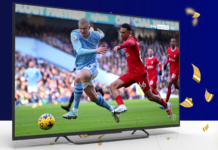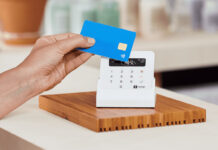Keep an eye on the thermometer to keep customers happy, says Innserve
CONSISTENT temperature control is a necessity for a pub to serve excellent drinks and keep customers happy and running costs down, writes Steve Lakin of Innserve.

Serving the perfect drink always starts in the cellar where the right cooling system will deliver the consistent temperature control that is required, whilst ensuring drinks are kept in the best condition and waste is reduced.
Cellars should be kept between 11 and 13 degrees Celsius and cooling will prolong the shelf life of products and keep beers and other drinks in tip-top condition.
Cask and keg beers as well as bottled products have differing shelf lives and careful stock control is required for them to be served at the right temperature to customers’ satisfaction.
Following good practice is cost-efficient and will reduce energy costs.
Satisfaction is important, as was shown in the 2015 Cask Report, which revealed cask drinkers spent almost double that of the general population on food and drink across the hospitality sector, and drove sales of other drinks by bringing friends and family to premises which served perfect pints.
The right temperature is important as chill haze or fob can develop if a product is too cold, and at higher temperature residual yeast may ferment too quickly reducing the quality of beer. It’s good practice for a separate thermometer to be installed and checked daily to ensure the cooling system is working at the optimum level.
Any non-beer, wine or soft drink items in the cellar place an additional burden on a cooling system and can impact on its efficiency. Such items could also cause contamination issues. The cellar door should be kept closed to protect temperature control and energy efficient lighting should be installed and turned off whenever possible to limit heat generation.
Following good practice is cost-efficient and will reduce energy costs and wastage. If a cellar is over-cooled by just one degree Celsius that can increase cellar energy costs by 10%.
Cooling systems should be installed in the best location to limit space intrusion while allowing for easy access to enable routine cleaning and servicing, and other electrical items such as freezers should not be kept in the cellar.
A number of systems are available and the most up-to-date solution will emit minimal noise and vibration inside and outside the premises, and give an additional environmental benefit from a reduced carbon footprint.



















